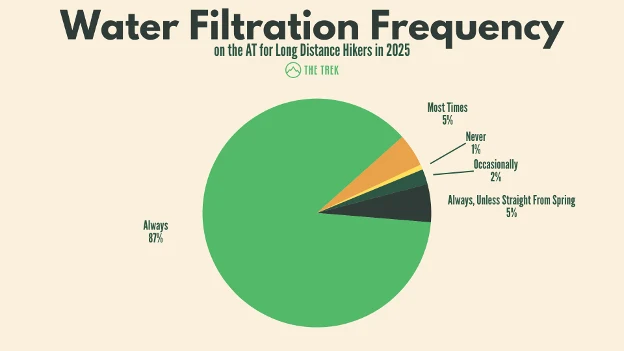YouTube: New York Times Podcasts: Bug Repellents That Work
YouTube: New York Times Podcasts: Bug Repellents That Work

YouTube: New York Times Podcasts: Bug Repellents That Work
YouTube: New York Times Podcasts: Bug Repellents That Work
YouTube video highlight
Doug Mahoney shares proven prevention tips and breaks down the differences between various effective repellents.
Read more about the projectYouTube: New York Times Podcasts: Bug Repellents That Work
Bug Repellents That Work
Mosquito and tick bites aren’t just annoying–they spread dangerous diseases. In this episode, senior staff writer Doug Mahoney shares proven prevention tips and breaks down the differences between various effective repellents.
He also explains why you should avoid certain “natural” repellents, like essential oils and citronella candles, and why bug zappers are bad for the environment.

YouTube: New York Times Podcasts: Bug Repellents That Work


Bug Repellents That Work
Mosquito and tick bites aren’t just annoying–they spread dangerous diseases. In this episode, senior staff writer Doug Mahoney shares proven prevention tips and breaks down the differences between various effective repellents.
He also explains why you should avoid certain “natural” repellents, like essential oils and citronella candles, and why bug zappers are bad for the environment.


YouTube: New York Times Podcasts: Bug Repellents That Work


Bug Repellents That Work
Mosquito and tick bites aren’t just annoying–they spread dangerous diseases. In this episode, senior staff writer Doug Mahoney shares proven prevention tips and breaks down the differences between various effective repellents.
He also explains why you should avoid certain “natural” repellents, like essential oils and citronella candles, and why bug zappers are bad for the environment.


Recent articles
You might also like
Medya Mansyone
43.2% of hikers used the Sawyer Squeeze, the most common hollow membrane squeeze filter (and the most common water treatment overall).

Medya Mansyone
Randy Patton’s late father, Biff Patton, launched the water filter program in 2010.

Medya Mansyone
The most significant being its positive impact on our health after using it, its capacity to reduce our expenses on water treatment and access to safe water, and the time it saves by eliminating the need for boiling or treating water.





















































































































